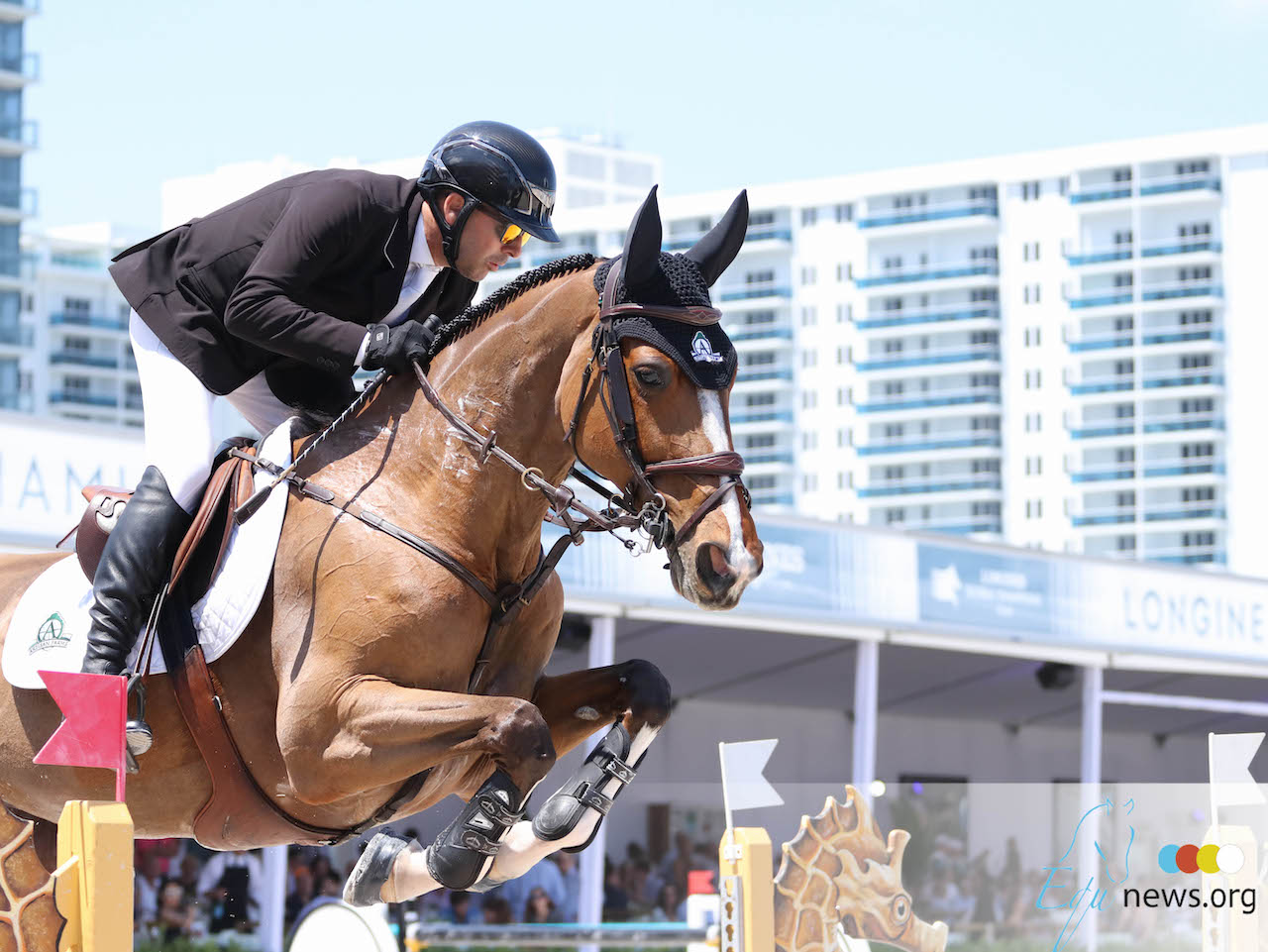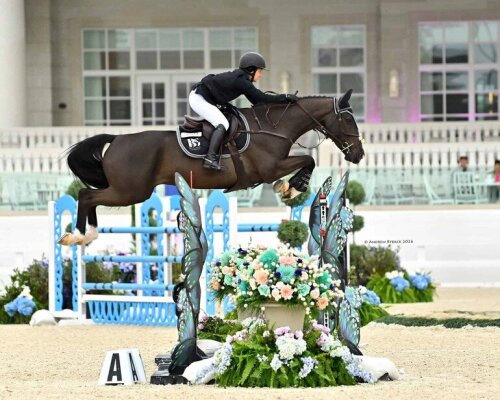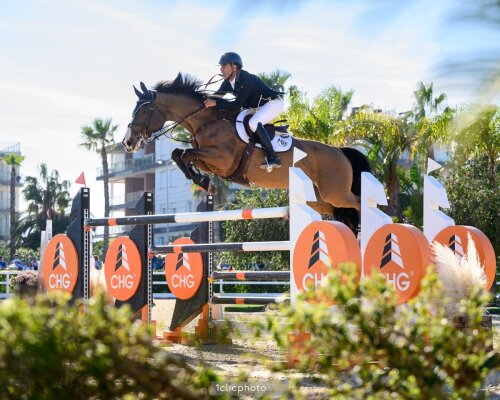The former Olympic showjumping champion regains the right to defend himself in court after a Florida appeals court rules his absence from an earlier trial violated his rights. In a significant legal reversal, Canadian Olympic gold medalist Éric Lamaze has had a $1.4 million judgment against him overturned by a Florida court of appeal. The decision nullifies a 2023 ruling issued in his absence and allows the high-profile equestrian to defend himself in a new trial.
The original judgment stemmed from a dispute with former business associates over the sale and co-ownership of two sport horses. It was handed down by the Palm Beach County Circuit Court in November 2023, the same day Lamaze’s lawyer formally withdrew from the case. According to the appeals court, Lamaze was not granted sufficient time to secure new legal representation, a move that the judges ruled was a violation of his constitutional right to a fair defense.
Judge Mark W. Klingensmith, writing for the court, emphasized that even if Lamaze had committed procedural missteps or submitted inaccurate medical documentation—as alleged by the plaintiffs—those actions did not justify such a severe penalty. “At most,” the judge noted, “they warranted a postponement of the hearing, not a default ruling on the merits of the case.”
The plaintiffs, Lorna Guthrie and Jeffrey Brandmaier, had accused Lamaze of fraud in relation to the sale of the horses. One of the horses at the center of the dispute, Nikka van den Bisschop, was cited as being overvalued. However, the mare has since gone on to achieve major international success—qualifying Canada for the Paris 2024 Olympic Games with rider Beth Underhill, competing in those Games with Erynn Ballard, and most recently winning the French National Championship with Nina Mallevaey.
“A sporting success that directly contradicts any claim of misrepresentation,” said a statement released on Lamaze’s behalf by R&B Presse. “This ruling restores Mr. Lamaze’s fundamental rights and opens the door to a fair trial where he can finally present his side of the story.”
Brad Kelsky of Kelsky Law PA, who represented Lamaze and his companies before withdrawing as counsel while the appeal was pending, told Law360 that the Fourth District was "spot-on" in recognizing the due process violations in the lower court.
Lamaze, who was facing what he describes as "serious health issues and complex legal challenges" at the time of the original ruling, had his financial assets frozen, lost access to his horses, and saw his professional reputation called into question. He now acknowledges that incorrect medical documents were submitted during that period—an error he accepts responsibility for, though he maintains it should never have justified a default judgment.



